A Typical Day on an African Safari
A safari is a once-in-a-lifetime experience that allows you to explore the African wilderness and see some of the most amazing wildlife on the planet. A typical day on an African safari starts early in the morning when you’ll wake up to the sound of birdsong and the smell of fresh coffee.
A lot of lodges will provide you will a wake-up call, where the housekeeper will bring you tea or coffee (pre-organised the night before) and something to snack on.
You will then head out on a game drive in a 4×4 vehicle at around 6:00/6:30. This is the best time of day to see animals, as they are more active in the cool morning hours.
You’ll spend several hours on the game drive, searching for lions, elephants, giraffes, zebras, and many other animals. Your guide will point out the different species and share interesting facts about them. You may even get to see some of the Big Five animals, which are the lion, leopard, elephant, rhinoceros, and buffalo.
You will either stop for a ‘bush breakfast’ while on safari or come back to the lodge for breakfast. You will generally return to camp by around 10:30/11:00 am.
Once you return to camp you will have some free time to relax at the lodge, maybe go for a swim, read a book or go for a walk around camp (if allowed).
Normally you will have lunch at the camp. What you eat will depend on the level of accommodation you are staying but generally, you will be served a 3-course Western-style meal. Drinks are usually excluded so bear this in mind when ordering your beverages.
After lunch, there is a bit more downtime before afternoon tea, which is exactly as it sounds. Tea and coffee and cake or some kind of snack at around 3:30.
The afternoon game drive usually starts around 4:00 pm. You will usually take a beverage with you and stop along the drive for one of the best African traditions, a ‘sundowner’. This is a chance to enjoy the beautiful African sunset while sipping on a drink and watching the animals in the beautiful golden light.
After the sundowner drive, you’ll return to your lodge or camp for a delicious meal and a good night’s sleep.
Then, it’s all over again the next day, as you set out to explore the African wilderness and see even more amazing wildlife.
A detailed breakdown of a typical day on safari
6:00 AM: Wake up call and enjoy a cup of coffee or tea.
6:30 AM: Game drive in the morning.
10:00 AM: Return to lodge or camp for breakfast.
11:00 AM: Free time to relax, swim, or go for a walk.
1:00 PM: Lunch.
3:00 PM: Afternoon tea
4:00 PM Afternoon game drive
6:30 PM sundowners
7:00 PM: Return to camp, dinner.
8:30 PM: Evening activities, such as a campfire or cultural performance.
10:00 PM: Bedtime.
Of course, this is just a general schedule. The specific activities and timing may vary depending on the lodge or camp you stay at, the time of year, and the weather conditions. But no matter what, you’re sure to have an unforgettable experience on safari. You might also decide to go out for a full day and take a packed lunch with you so you have more time on safari. This is something you can discuss with your guide.
Additional tips for enjoying a typical day on safari:
- Bring binoculars and a camera to get better views of the animals.
- Wear comfortable clothing and shoes that you can move around in easily.
- Bring sunscreen, insect repellent, and a hat to protect yourself from the sun and bugs.
- Be patient and respectful of the animals.
- Listen to your guide and follow their instructions.
- Have fun and enjoy the experience!
For a full list read this blog post What to pack for an African Safari
Alternative Safari Activties
Bird Watching
- Bring binoculars and a camera to get better views of the animals.
- Wear comfortable clothing and shoes that you can move around in easily.
- Bring sunscreen, insect repellent, and a hat to protect yourself from the sun and bugs.
- Be patient and respectful of the animals.
- Listen to your guide and follow their instructions.
- Have fun and enjoy the experience!

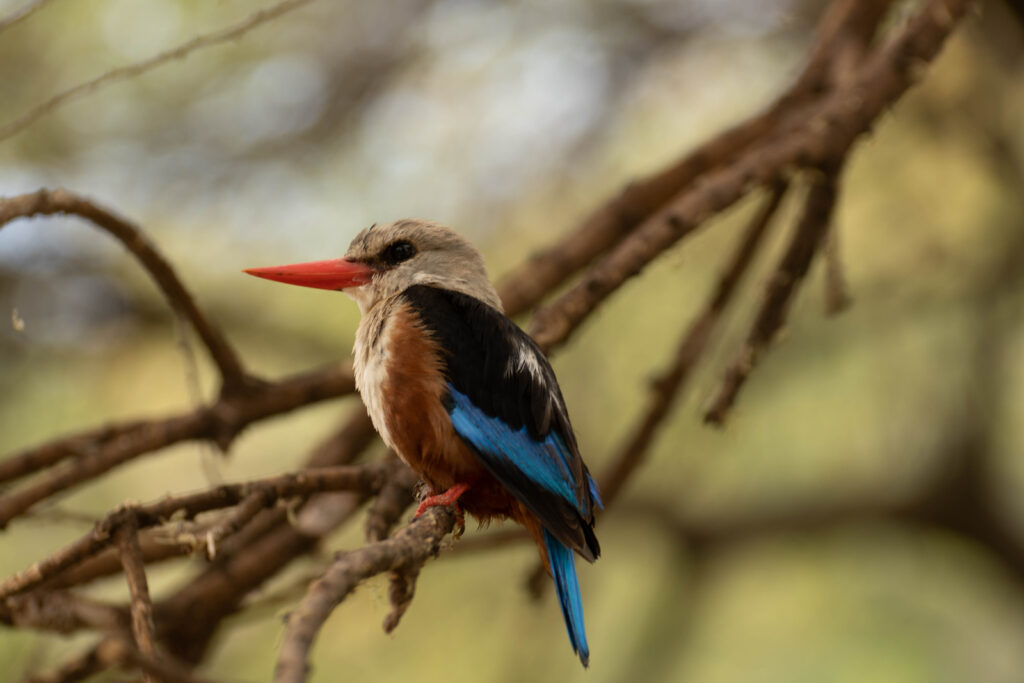
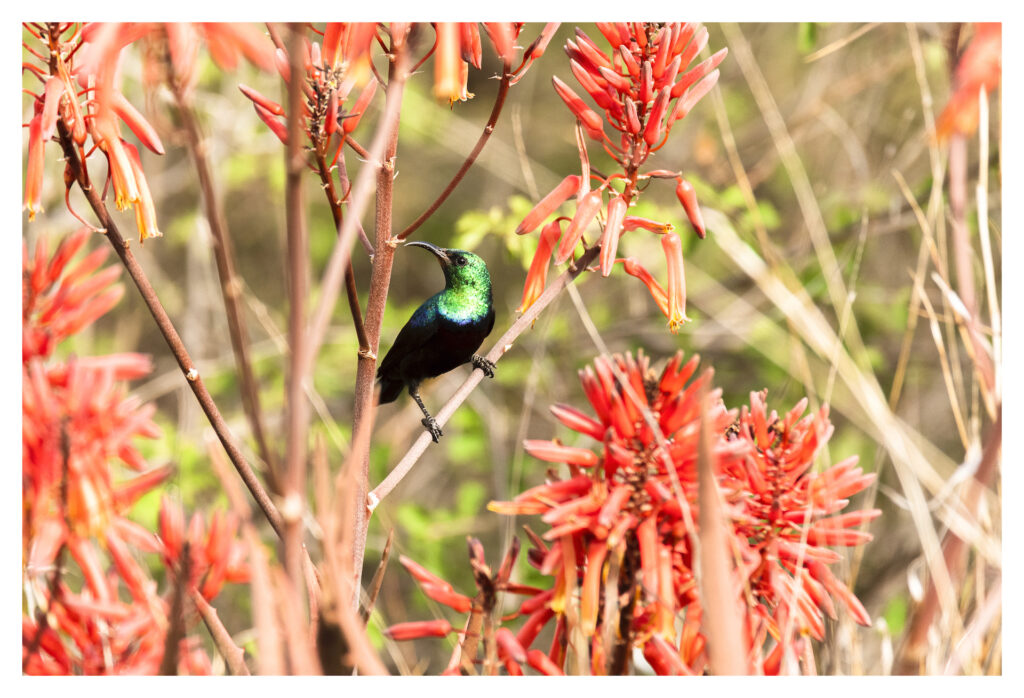
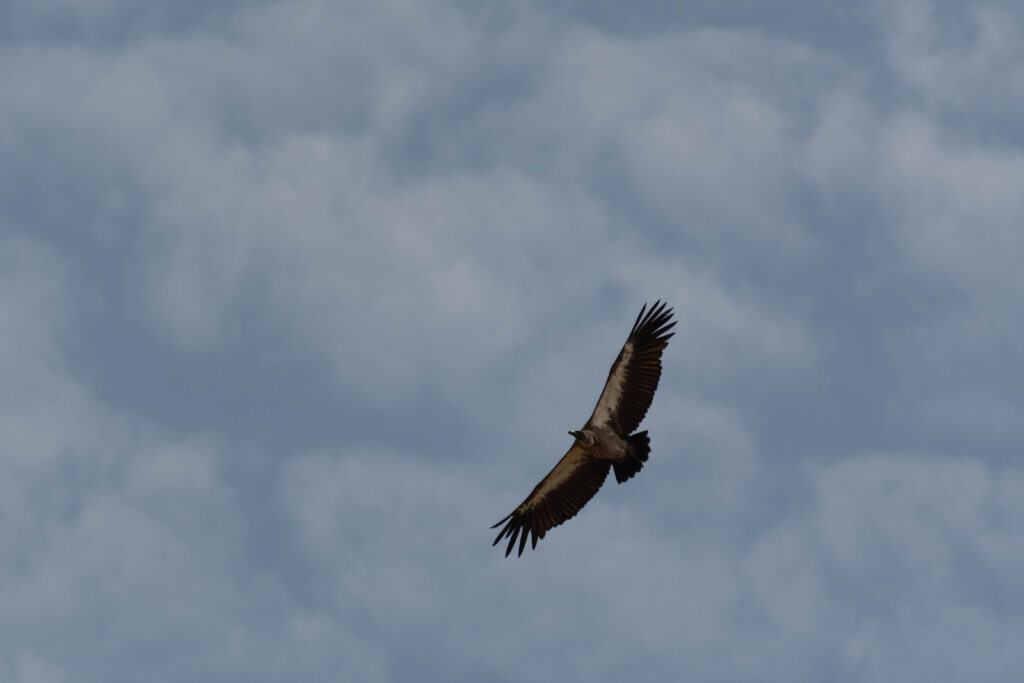
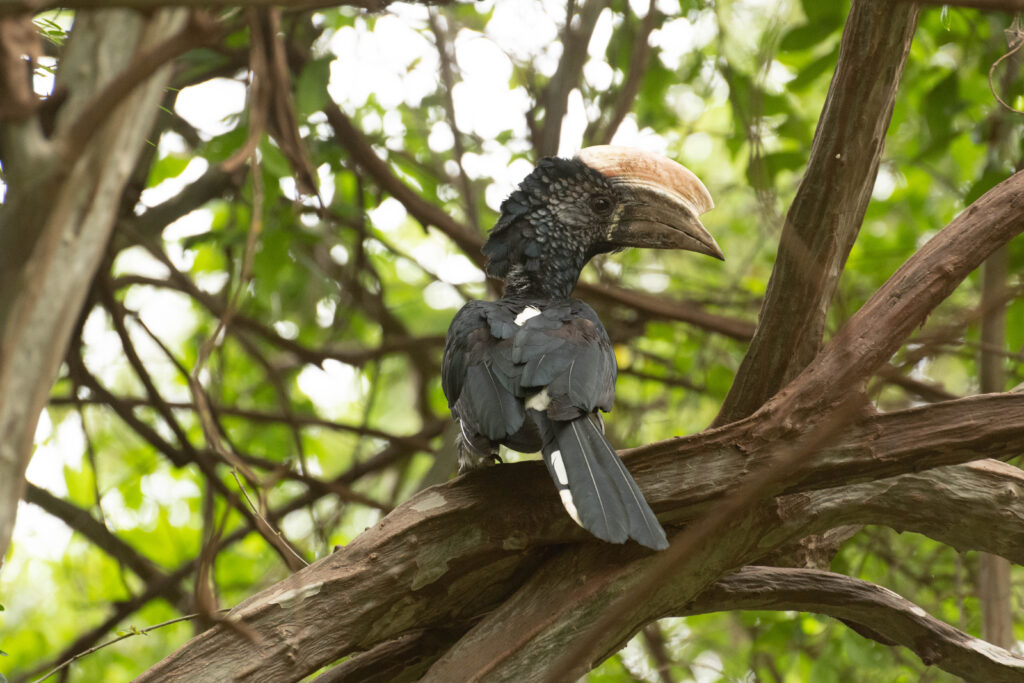
Walking Safari
Bush walks: Bush walks are a great way to get up close and personal with the African bush. You’ll be able to see animals that you might not see on a game drive, and you’ll also get to learn about the plants and trees of the African savanna.

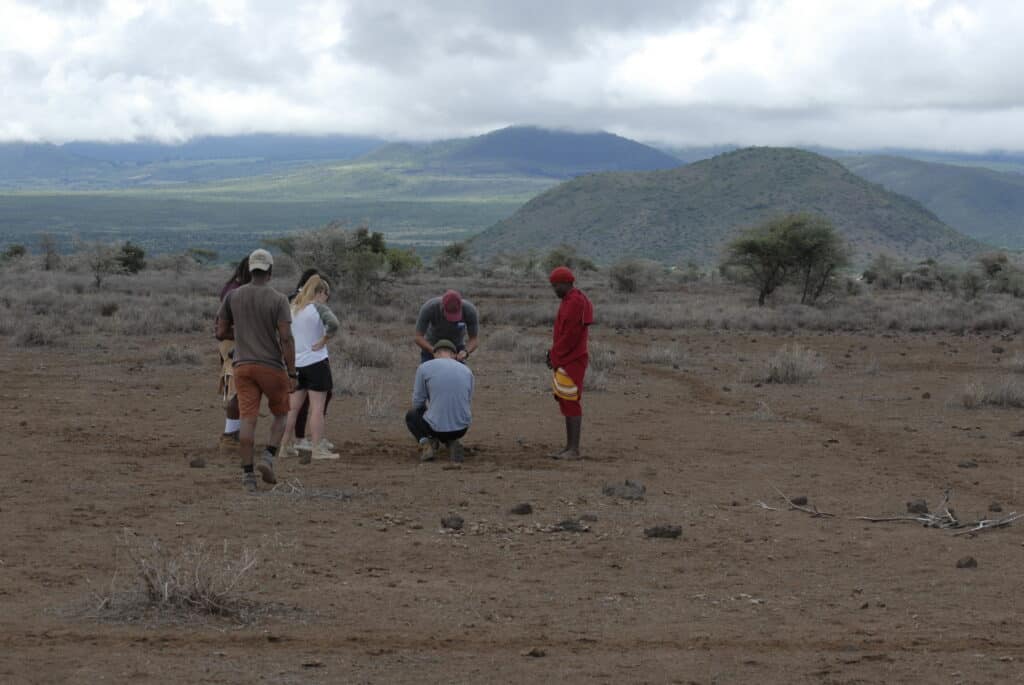
Cultural experiences
Many safari lodges and camps offer cultural experiences, such as visits to local villages or traditional dances. This is a great way to learn about the people who live in Africa and their way of life.
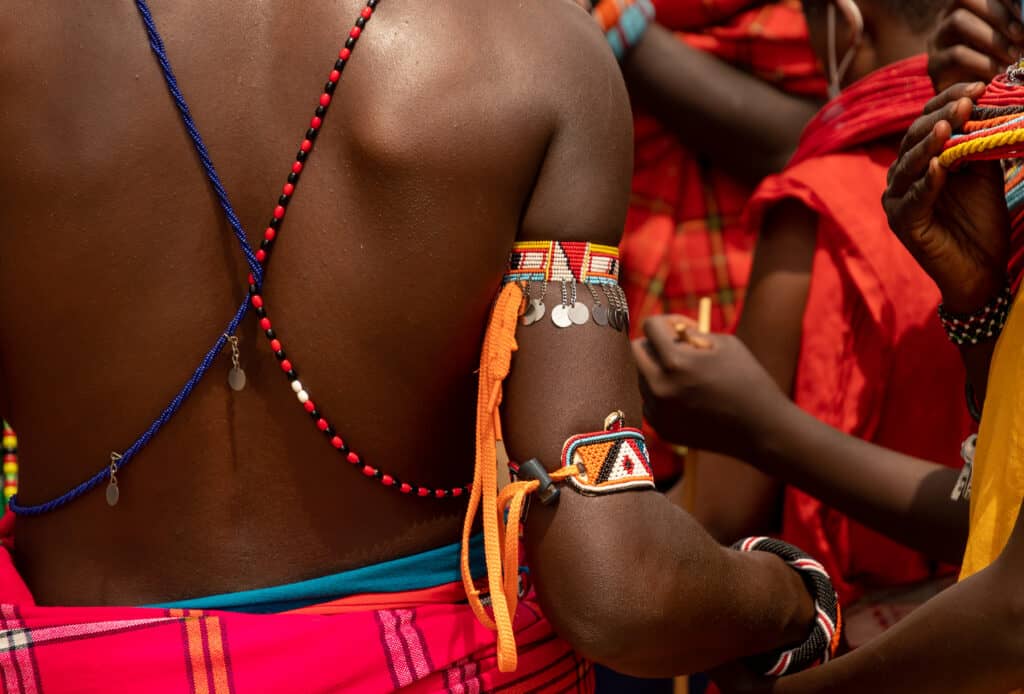
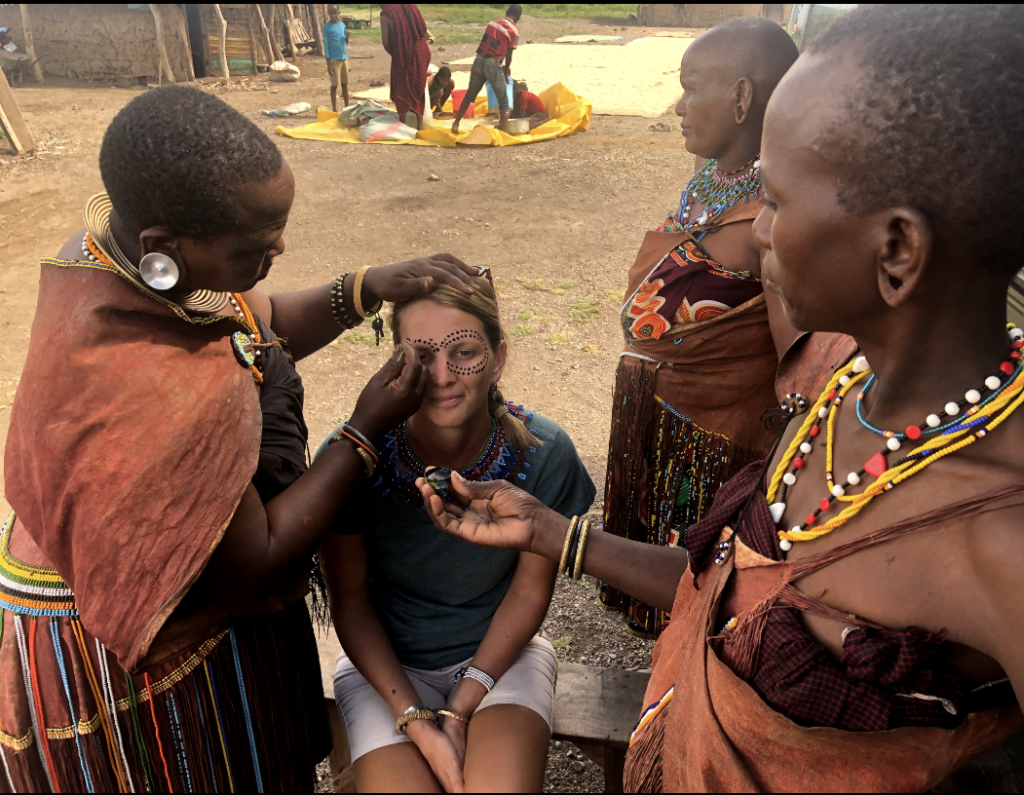
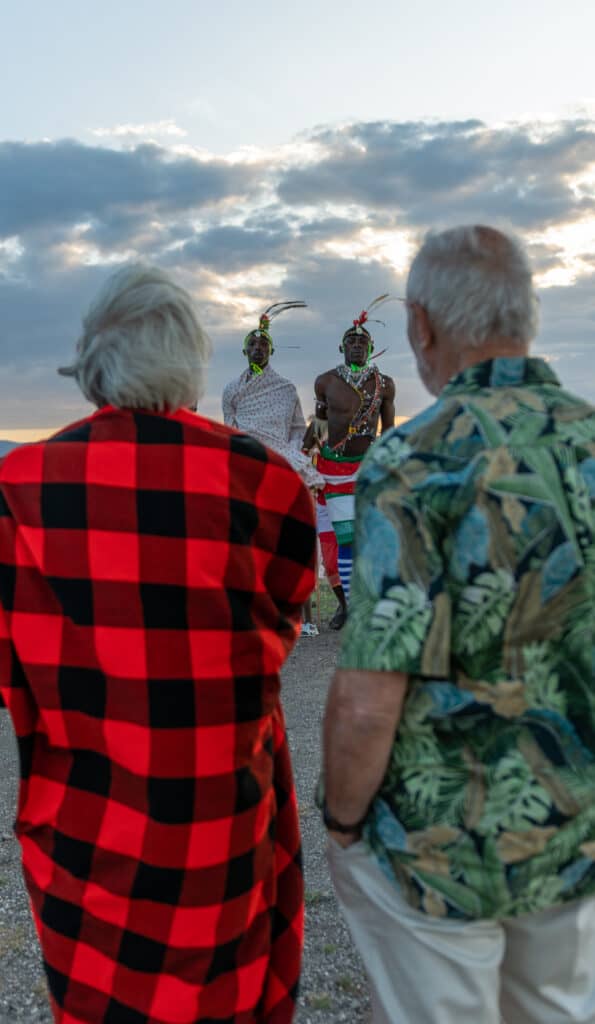

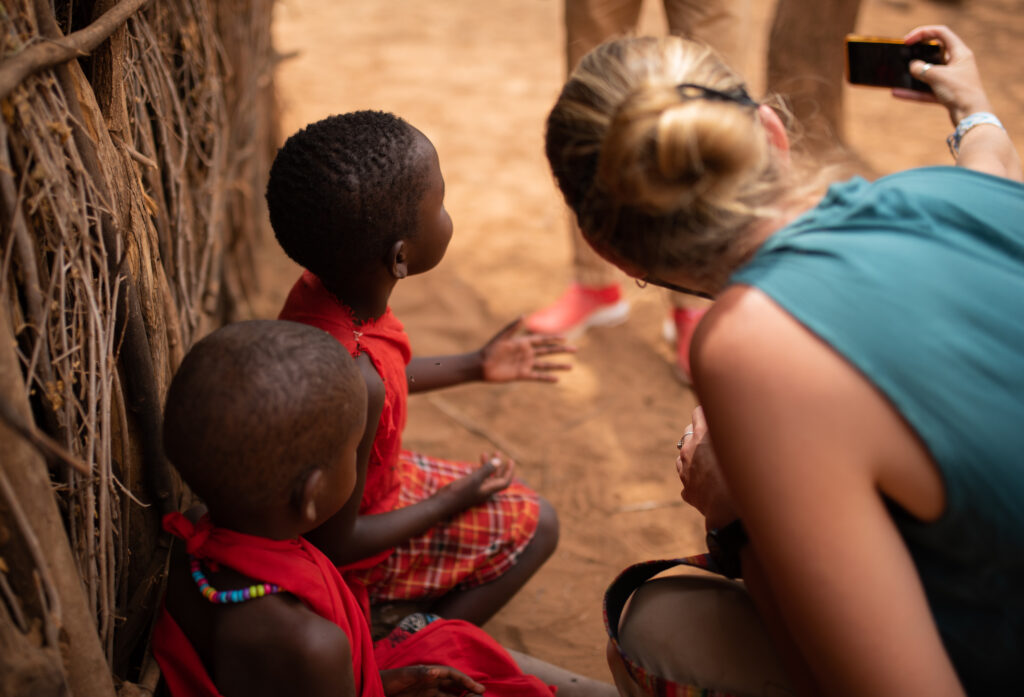
Photography
Photography: Africa is a photographer’s paradise, with stunning scenery and a wide variety of animals to capture. If you’re a keen photographer, be sure to bring your camera and plenty of memory cards. Read this blog post for 6 simple photography tips to secure that outstanding shot.
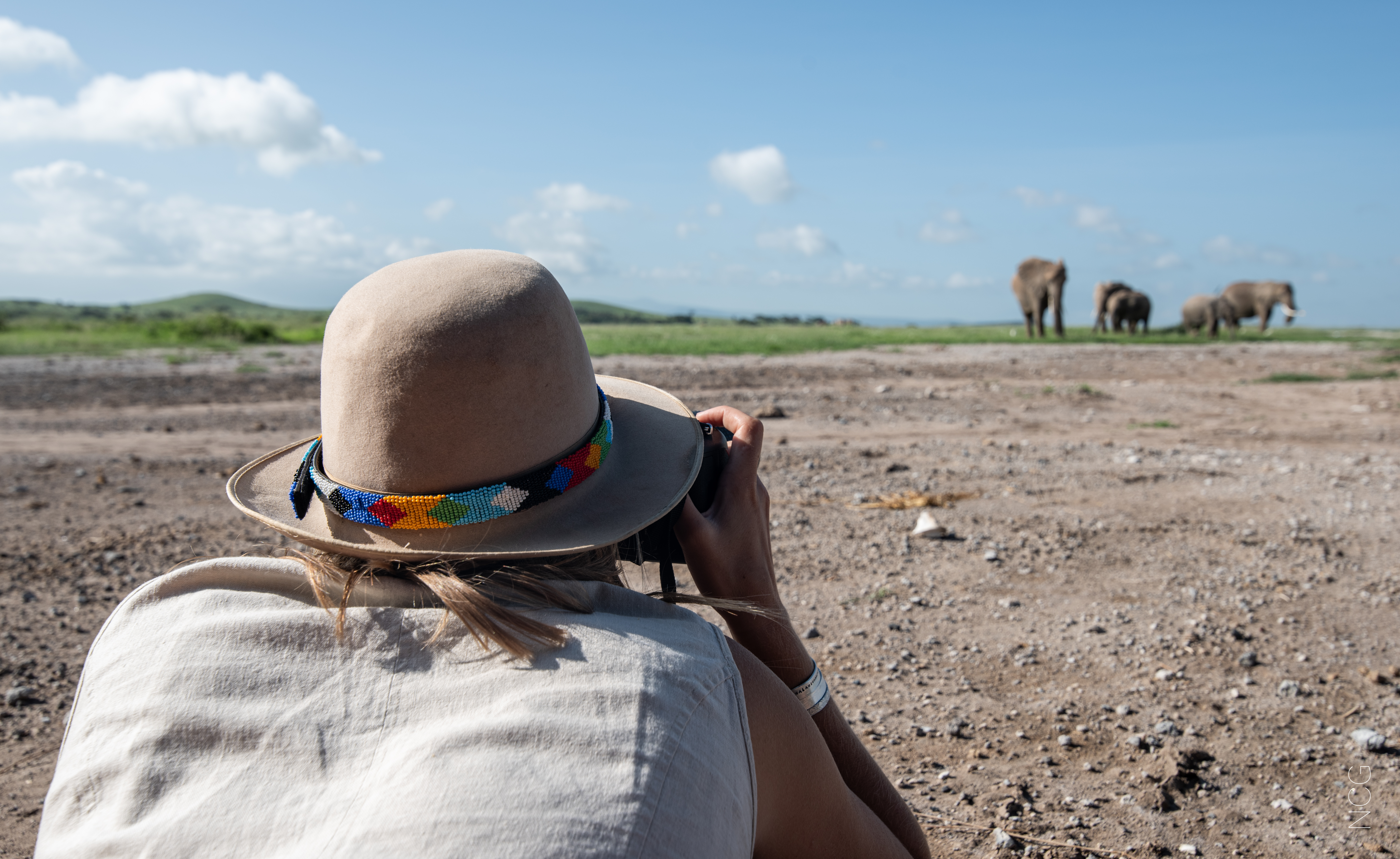

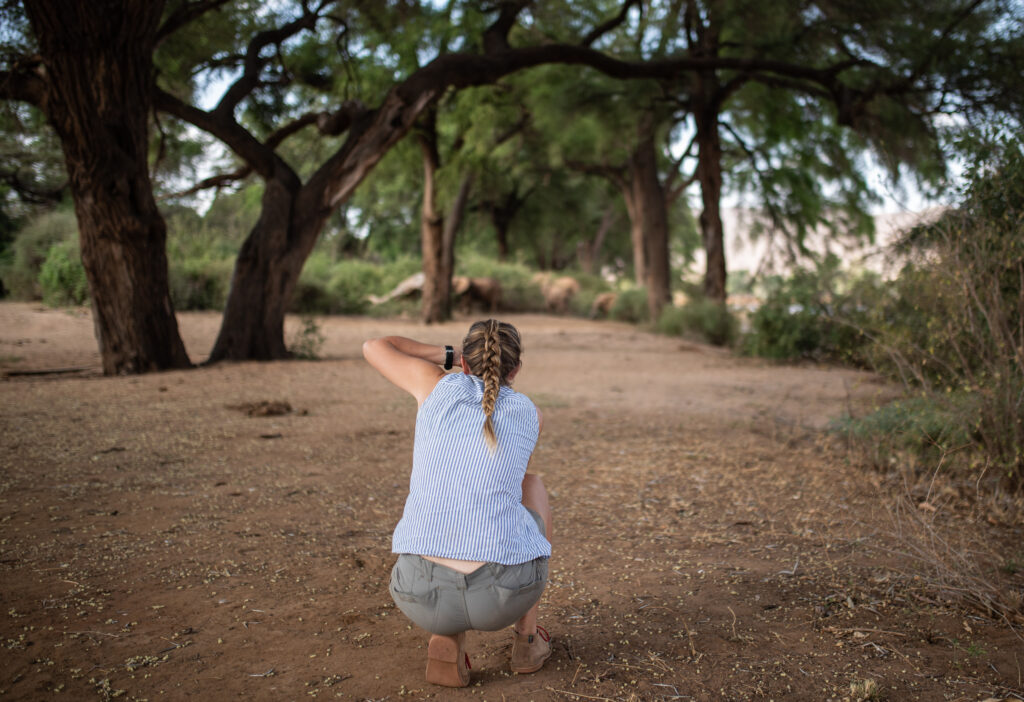
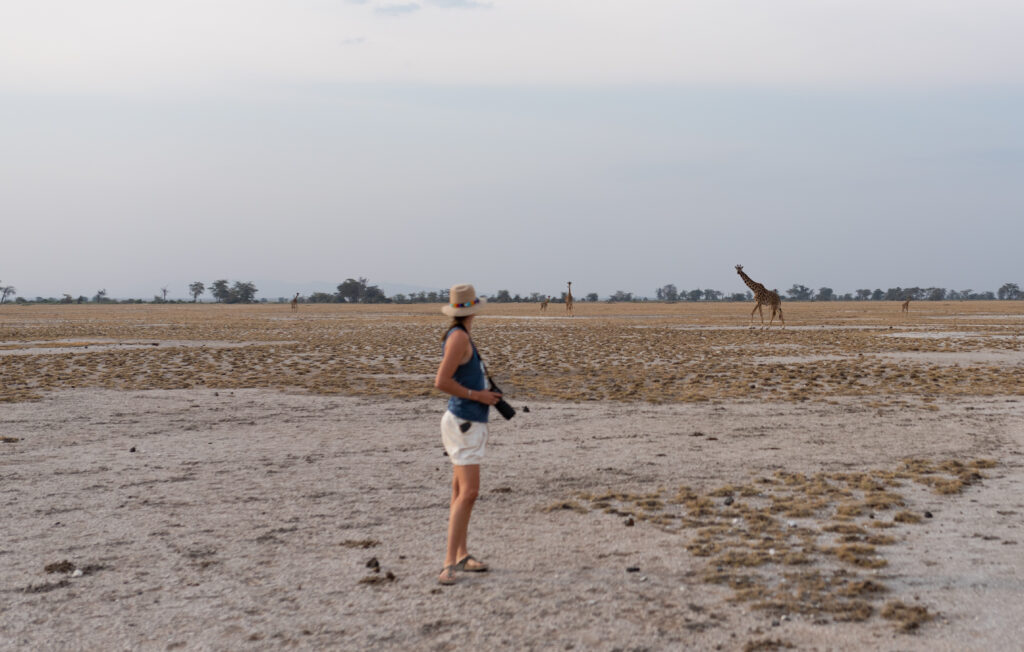
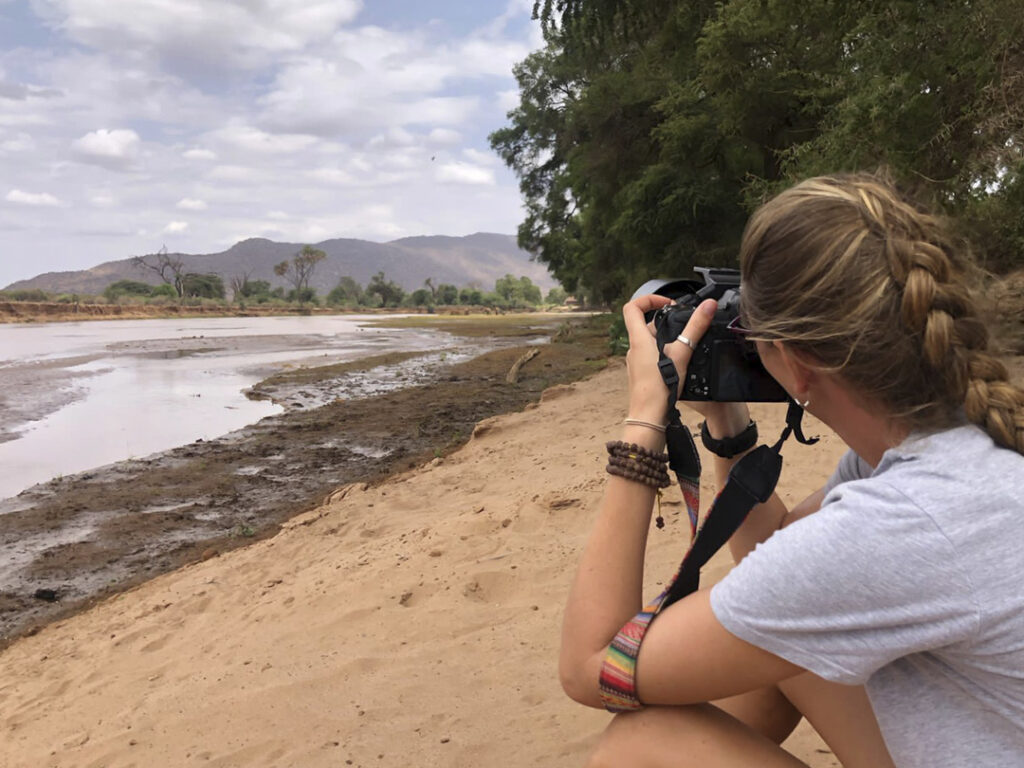
Ready to start planning your safari?
Answer a few questions in the safari planning quiz below and I will use your answers to customise a personalised safari itinerary just for you.












0 Comments